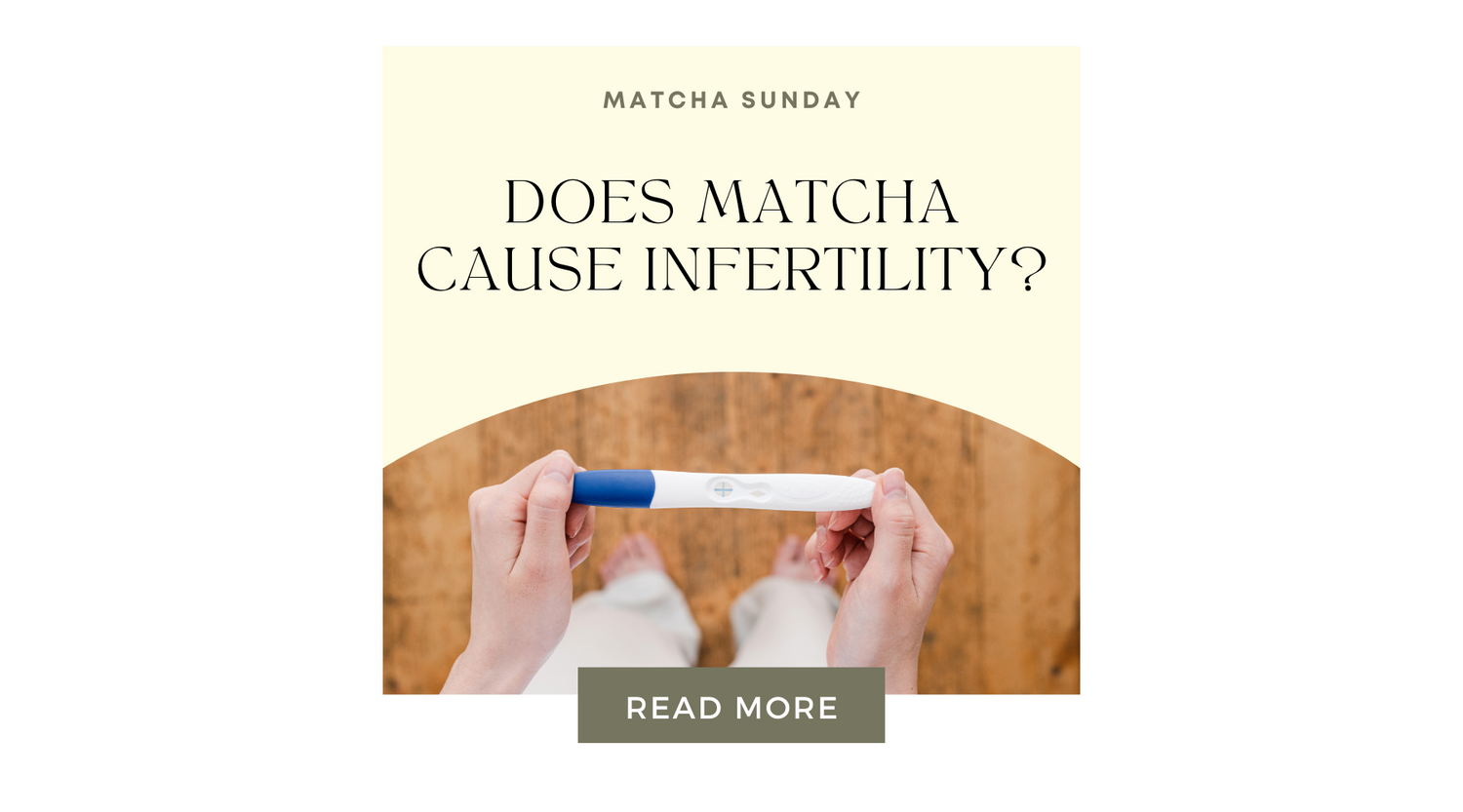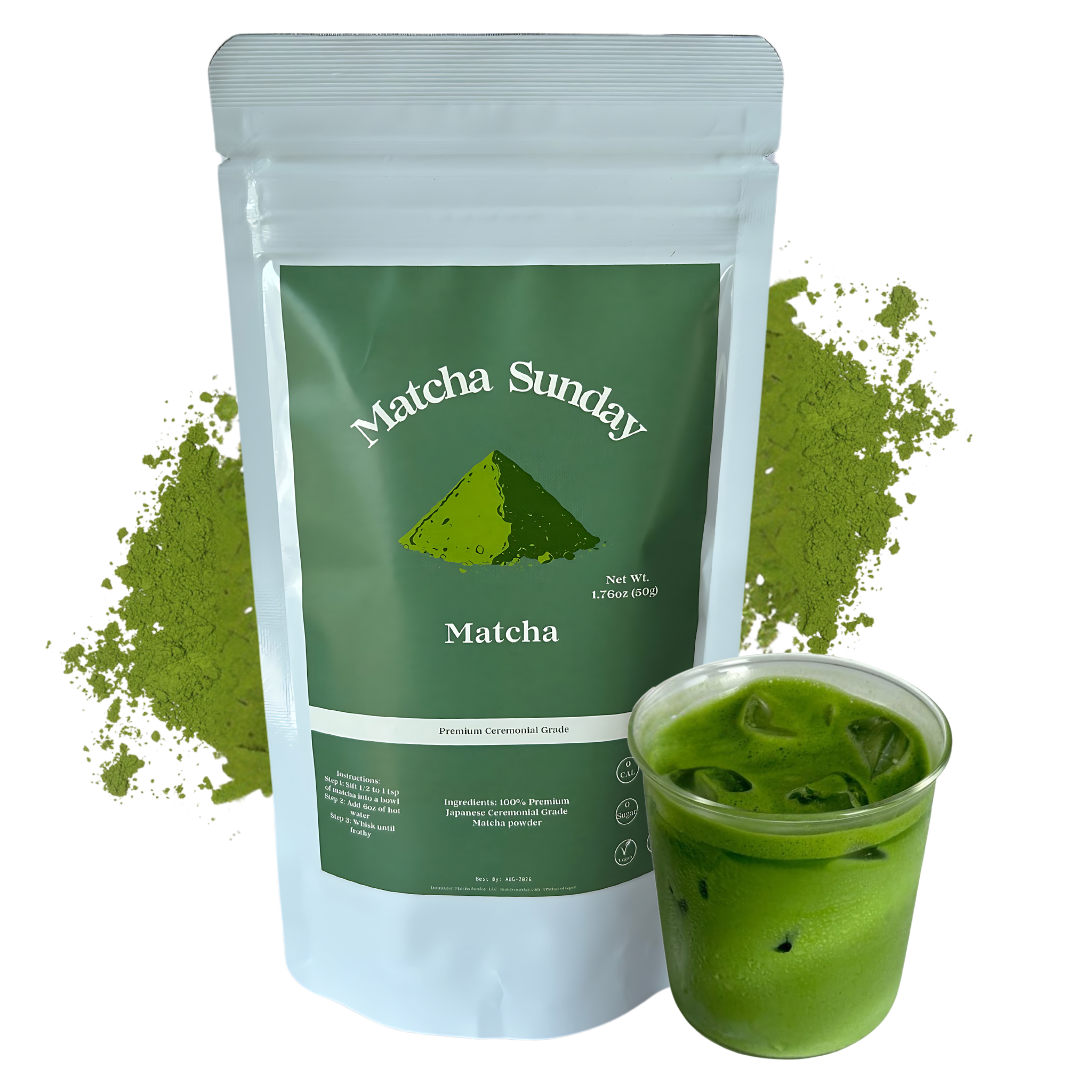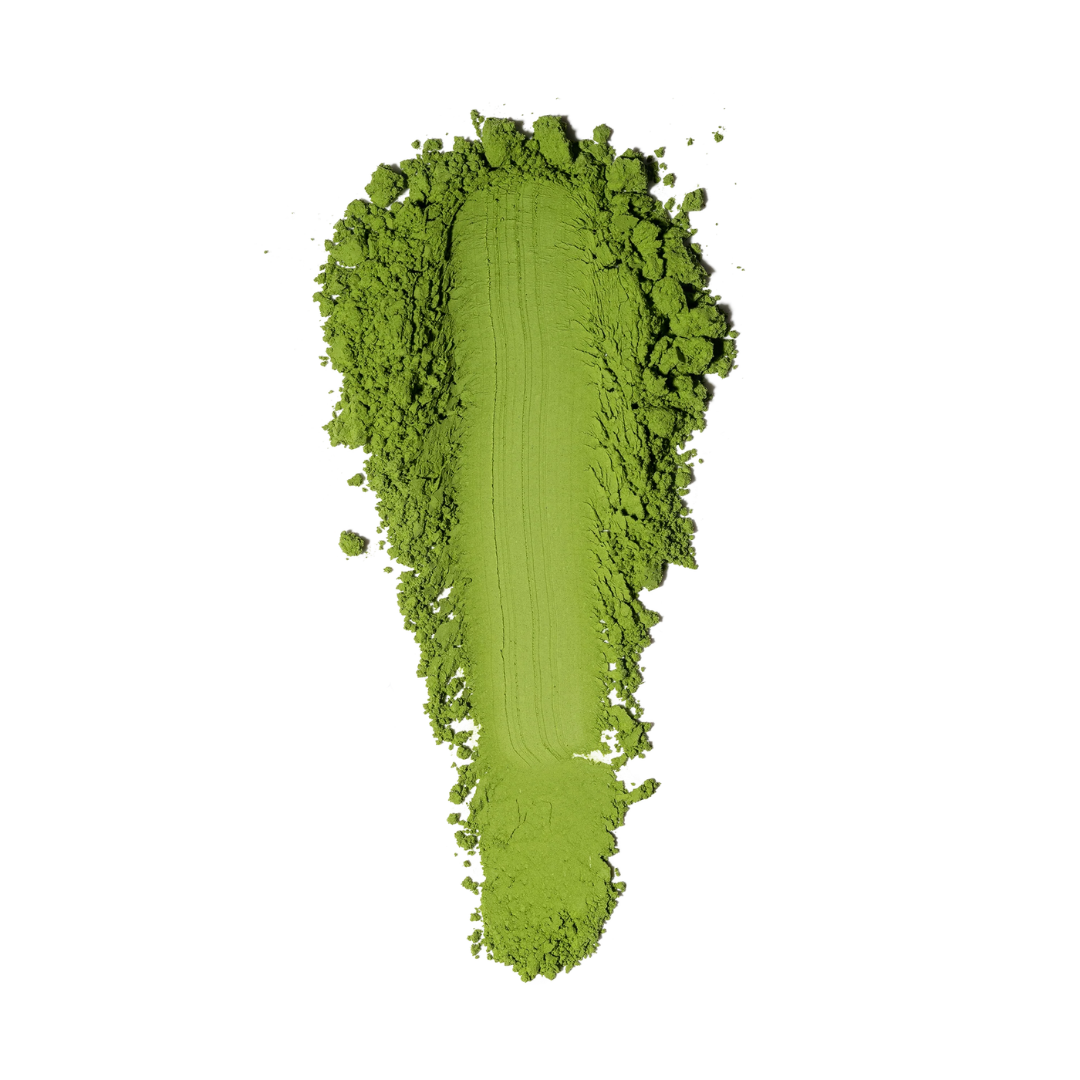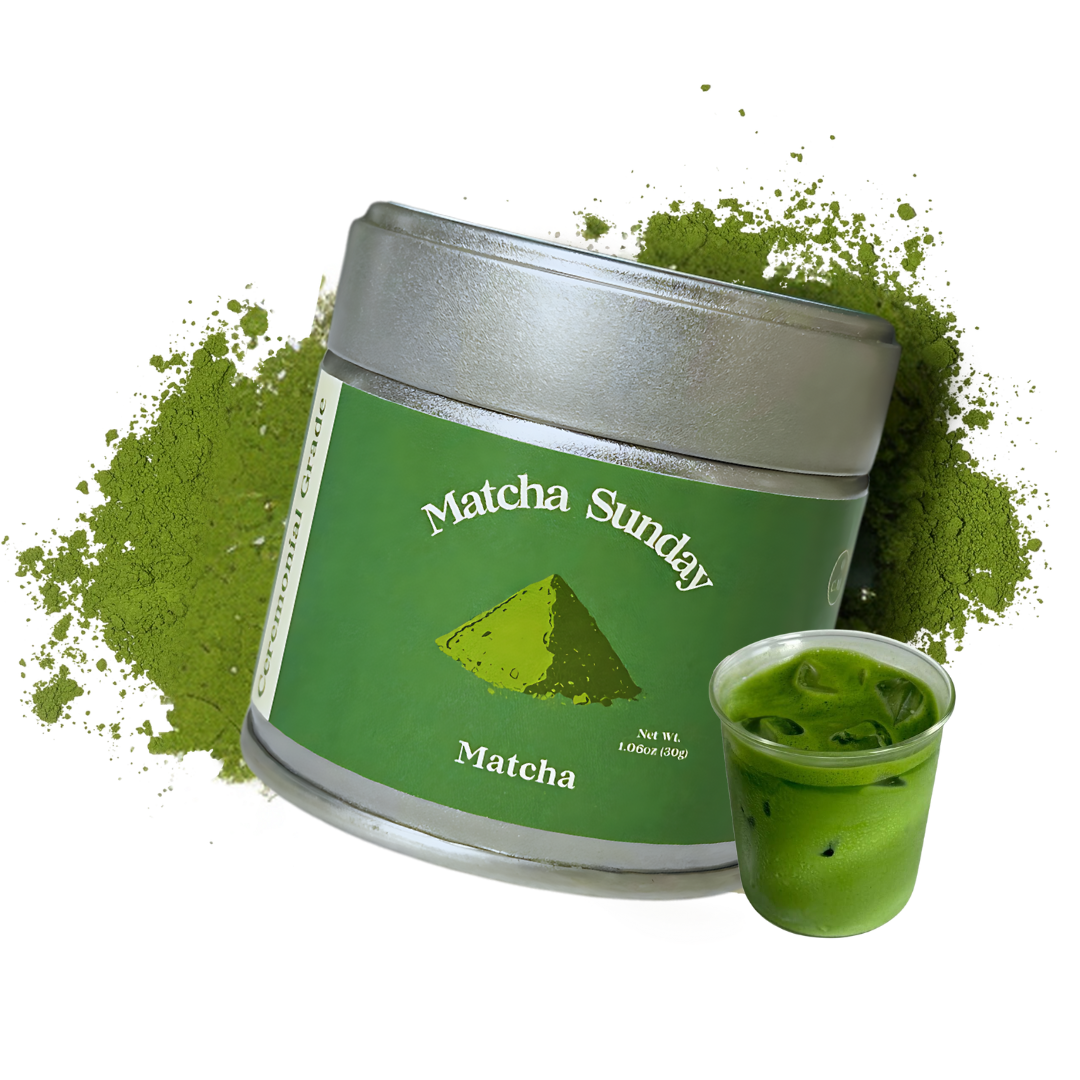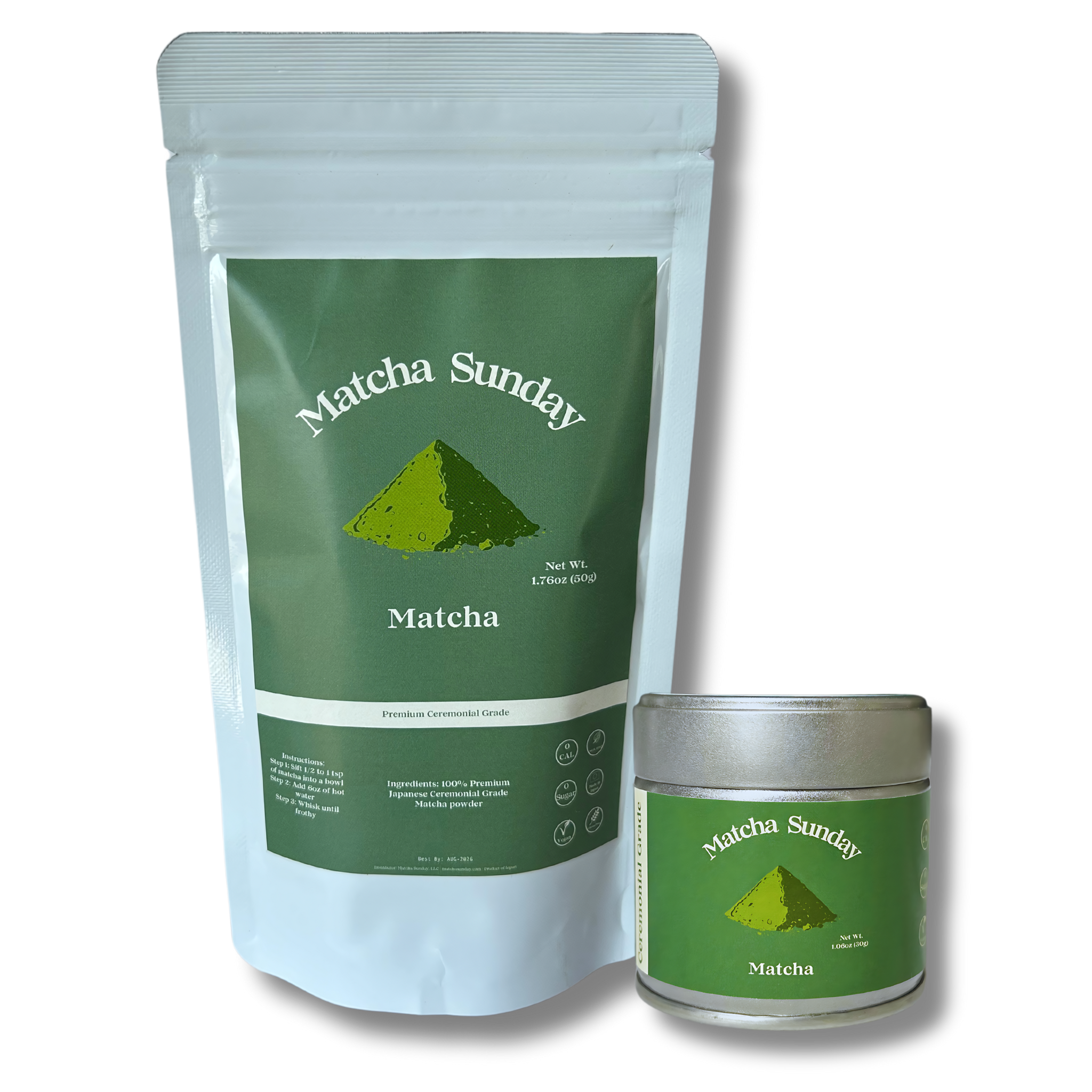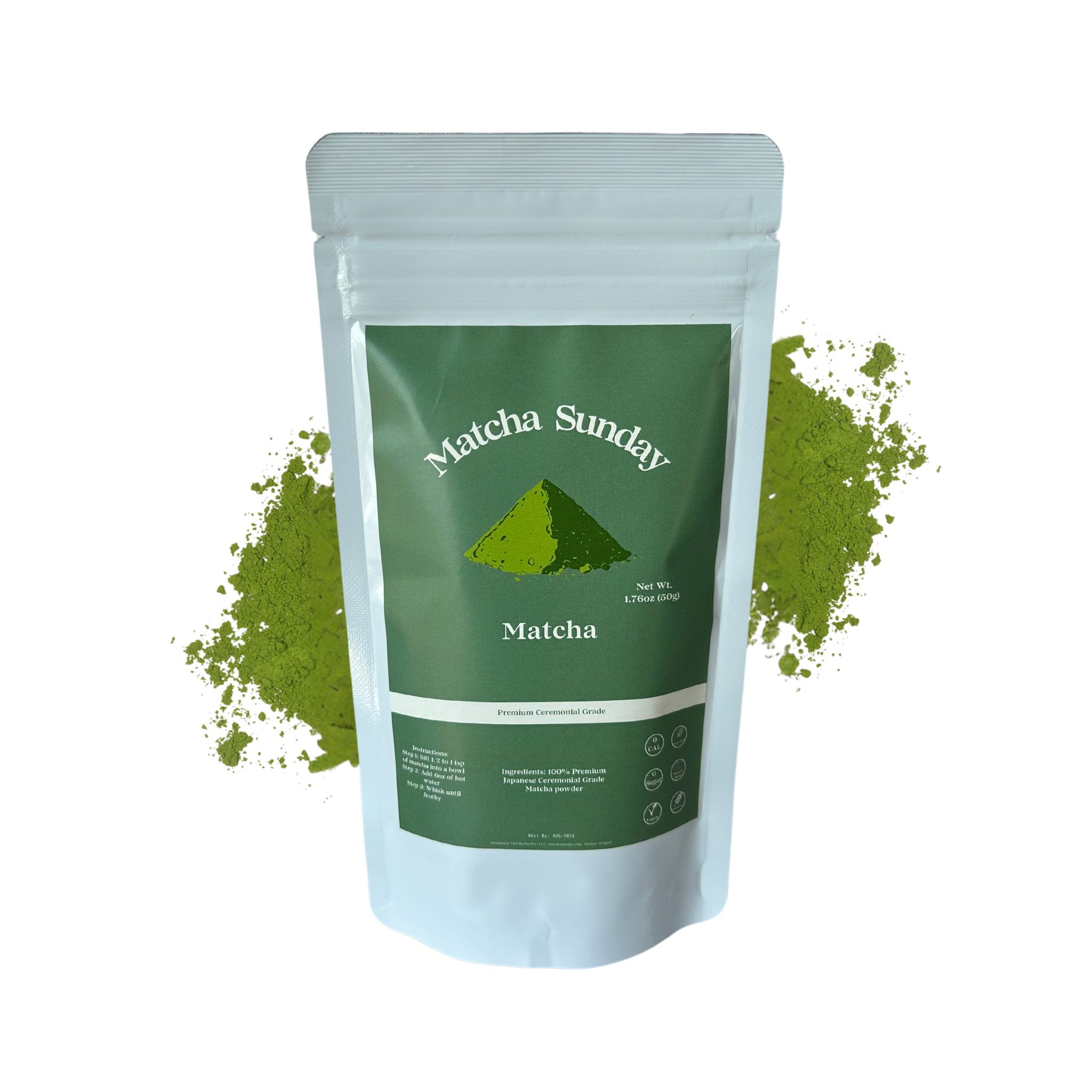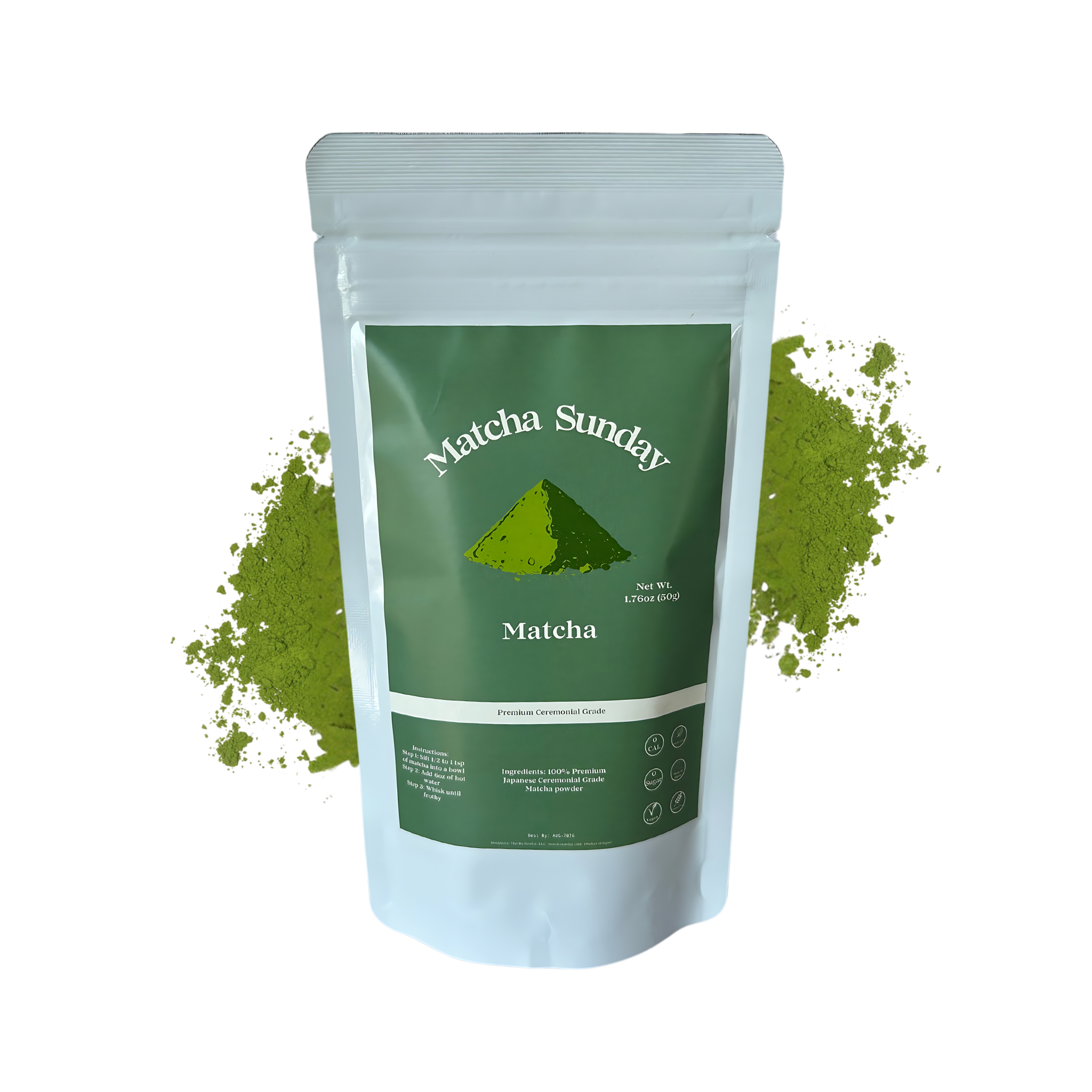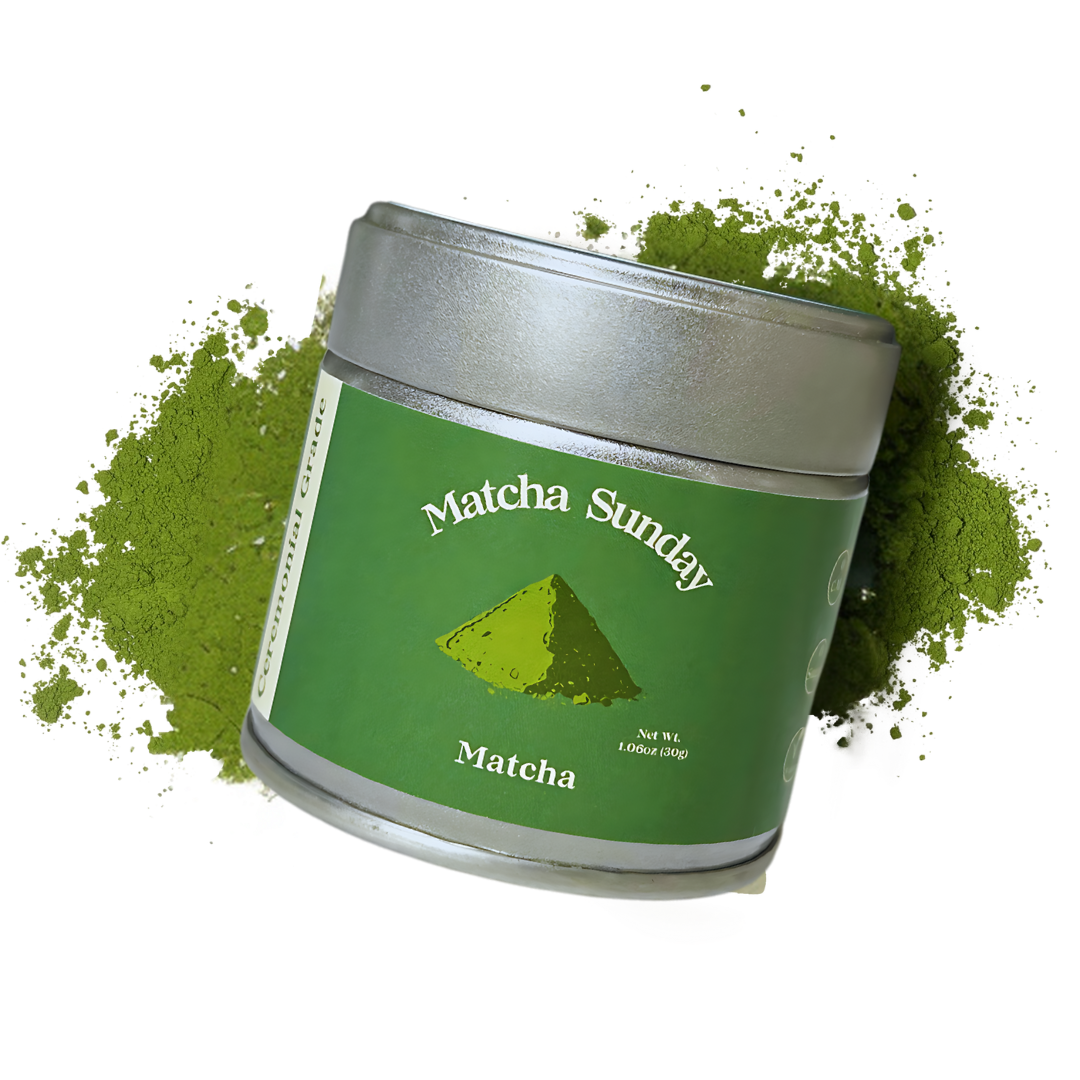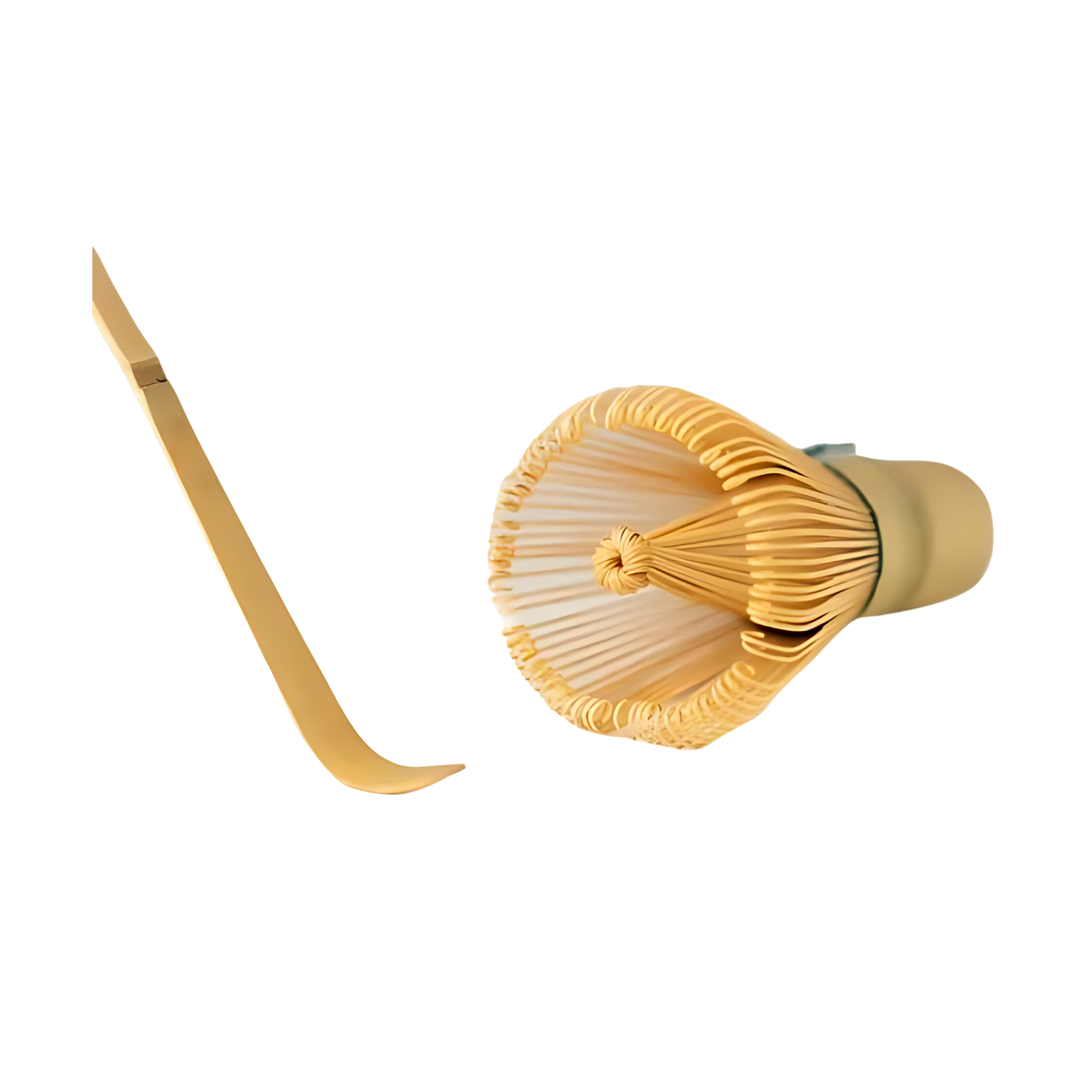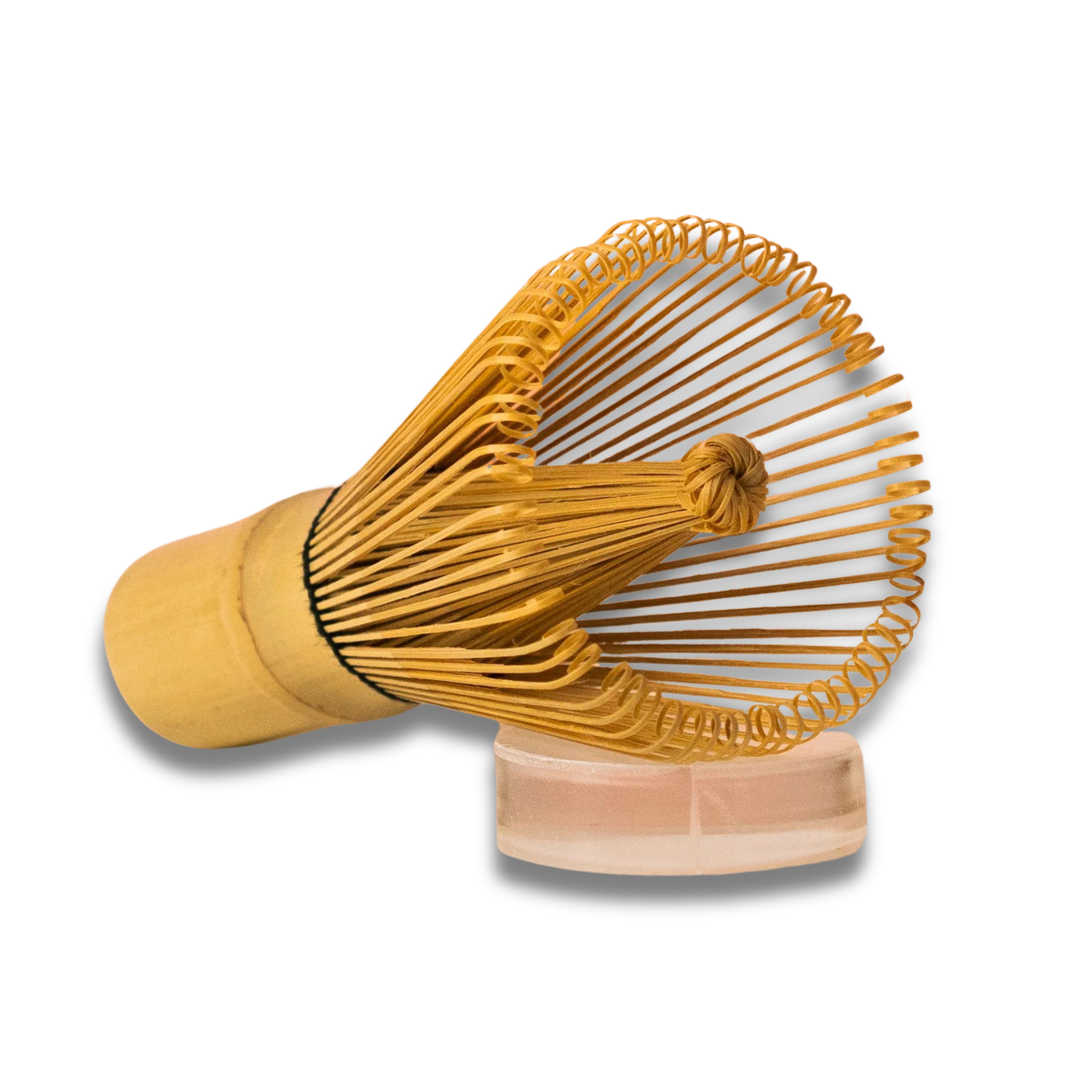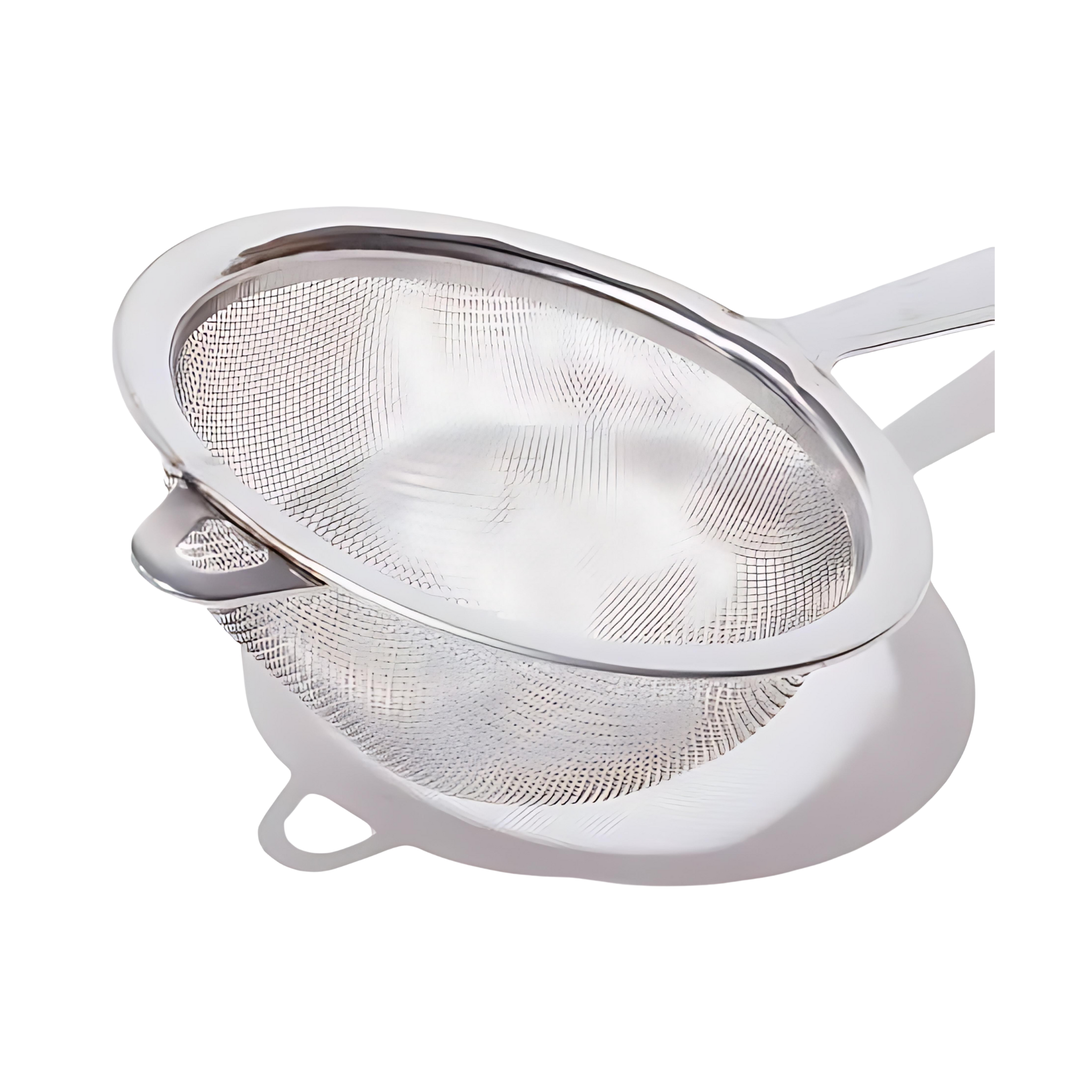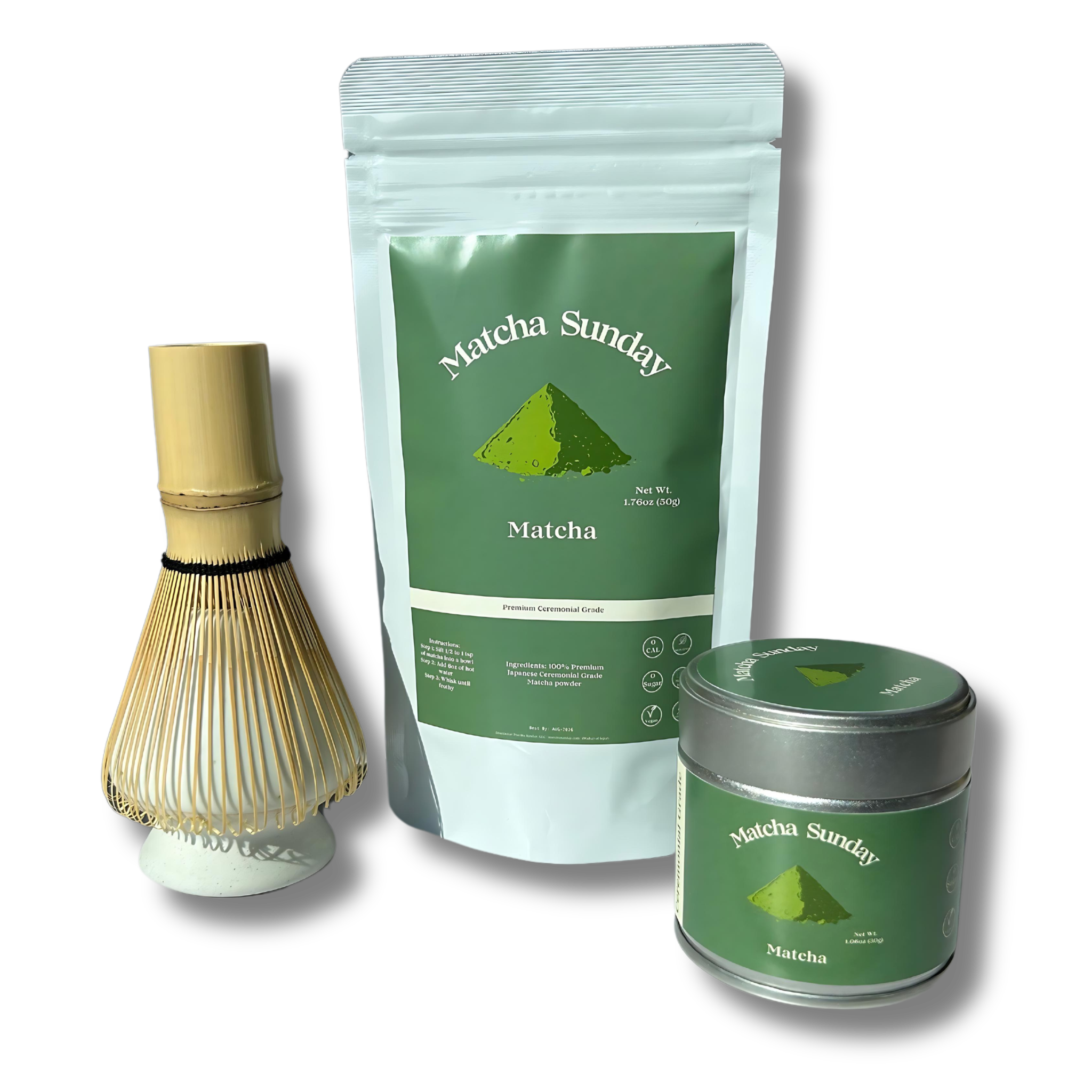Infertility is a concern for many couples trying to conceive, with numerous factors affecting both male and female reproductive health. Amid the sea of information and sometimes misinformation, one question that arises is whether consuming matcha, a popular form of green tea, has any negative impact on fertility. In this article, we will delve into the scientific evidence and explore whether matcha causes infertility or if it can actually be beneficial for those trying to conceive.
Understanding Matcha and Its Nutritional Profile
Matcha is a type of green tea made from finely ground whole tea leaves. Originating from Japan, it has gained popularity worldwide for its vibrant green color, unique taste, and numerous health benefits. Unlike traditional green tea, where the leaves are steeped and then removed, matcha involves consuming the entire leaf, providing a more concentrated source of nutrients.
Matcha is rich in antioxidants, particularly catechins, which are known for their ability to neutralize free radicals in the body. Additionally, matcha contains vitamins A, C, and E, fiber, chlorophyll, and a unique amino acid called L-theanine, which promotes relaxation without drowsiness.
Buy Ceremonial Grade Matcha Powder:
The Role of Antioxidants in Reproductive Health
Antioxidants play a crucial role in overall health, particularly in reproductive health. Free radicals are unstable molecules that can damage cells, including sperm and eggs, by causing oxidative stress. This oxidative stress can negatively impact sperm function, motility, and egg quality, which are critical factors in fertility.
Matcha's high antioxidant content, especially its catechins, can help mitigate oxidative stress by neutralizing free radicals. Studies have shown that antioxidants support cellular health by protecting DNA and improving the quality of sperm and eggs. Therefore, incorporating antioxidant-rich foods like matcha into one's diet may positively influence reproductive health.
Scientific Evidence: Does Matcha Cause Infertility?
Contrary to some myths, there is no scientific evidence to suggest that matcha causes infertility. In fact, research indicates that matcha and its components may support reproductive health. Let's look at some key findings:
- Antioxidant Benefits: As mentioned earlier, matcha is abundant in antioxidants, which protect reproductive cells from oxidative stress. This protection is essential for maintaining healthy sperm and egg function.
- Iron and Vitamin C: Matcha contains non-heme iron, which is important for reproductive health. Iron deficiency has been linked to ovulatory infertility. Additionally, the vitamin C in matcha enhances the absorption of non-heme iron, further supporting fertility.
- Fiber Content: Adequate fiber intake is crucial for hormonal balance and overall reproductive health. Matcha provides a good source of dietary fiber, helping regulate cholesterol levels, blood sugar, and estrogen levels.
- L-Theanine: This amino acid in matcha promotes relaxation and reduces stress, which can be beneficial for those trying to conceive. High-stress levels are known to negatively impact fertility, and matcha's calming effect can help mitigate this issue.
- Caffeine Levels: While excessive caffeine consumption has been linked to fertility issues, matcha contains significantly less caffeine than coffee. A typical cup of matcha provides about 35-50mg of caffeine, compared to 95mg in a cup of coffee. This lower caffeine content makes matcha a safer alternative for those concerned about their caffeine intake while trying to conceive.
Matcha's Nutritional Benefits for Fertility
Matcha is packed with various nutrients that are essential for fertility and overall health. Here are some of the key nutrients found in matcha that can support reproductive health:
- Vitamin A: Important for maintaining healthy reproductive tissues and supporting the immune system.
- Vitamin C: Enhances iron absorption and protects cells from oxidative stress.
- Potassium: Helps regulate fluid balance and supports healthy blood pressure levels.
- Fiber: Supports digestive health and hormonal balance.
Incorporating matcha into a balanced diet can provide these vital nutrients, contributing to better reproductive health and increasing the chances of conception.
Lifestyle Factors and Fertility
Beyond diet, several lifestyle factors can impact fertility. Here are some tips to enhance fertility alongside consuming matcha:
- Maintain a Healthy Weight: Both underweight and overweight individuals can experience fertility issues. Maintaining a healthy weight through a balanced diet and regular exercise can improve reproductive health.
- Manage Stress: High levels of stress can negatively affect fertility. Incorporating stress-reducing activities such as yoga, meditation, and consuming L-theanine-rich matcha can help manage stress levels.
- Avoid Toxins: Exposure to toxins like BPA, pesticides, and smoking can increase oxidative stress and impact fertility. Opt for organic foods, avoid smoking, and limit exposure to harmful chemicals.
- Limit Alcohol and Caffeine: While moderate caffeine consumption from matcha is generally safe, it's advisable to limit overall caffeine and alcohol intake when trying to conceive.
Conclusion: Busting the Myth – Matcha Does Not Cause Infertility
The belief that matcha causes infertility is a myth not supported by scientific evidence. On the contrary, matcha's rich antioxidant content, essential nutrients, and stress-reducing properties can support reproductive health and improve the chances of conception.
For those trying to conceive, incorporating matcha into a balanced diet, maintaining a healthy lifestyle, and consulting with healthcare professionals can provide a holistic approach to enhancing fertility. Enjoying matcha not only offers numerous health benefits but also contributes to a relaxed and health-conscious approach to achieving pregnancy.
Visit our website: Matcha Sunday.

